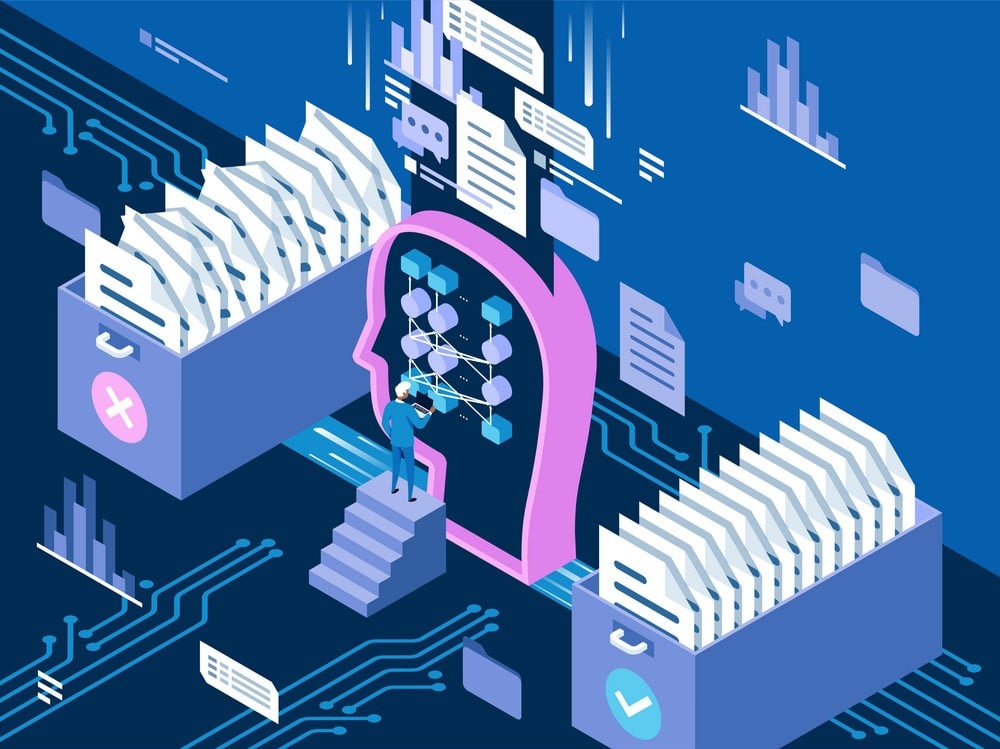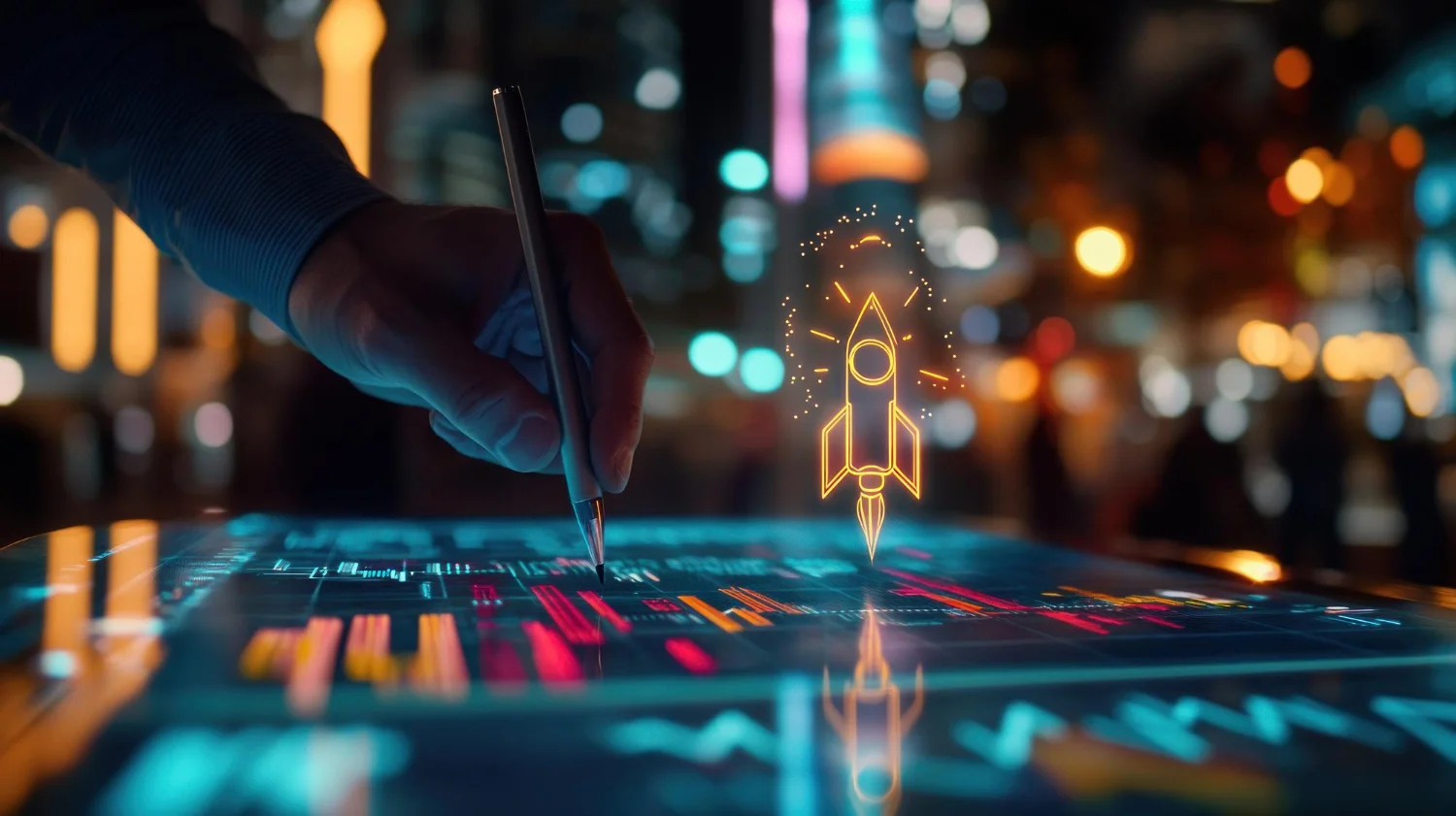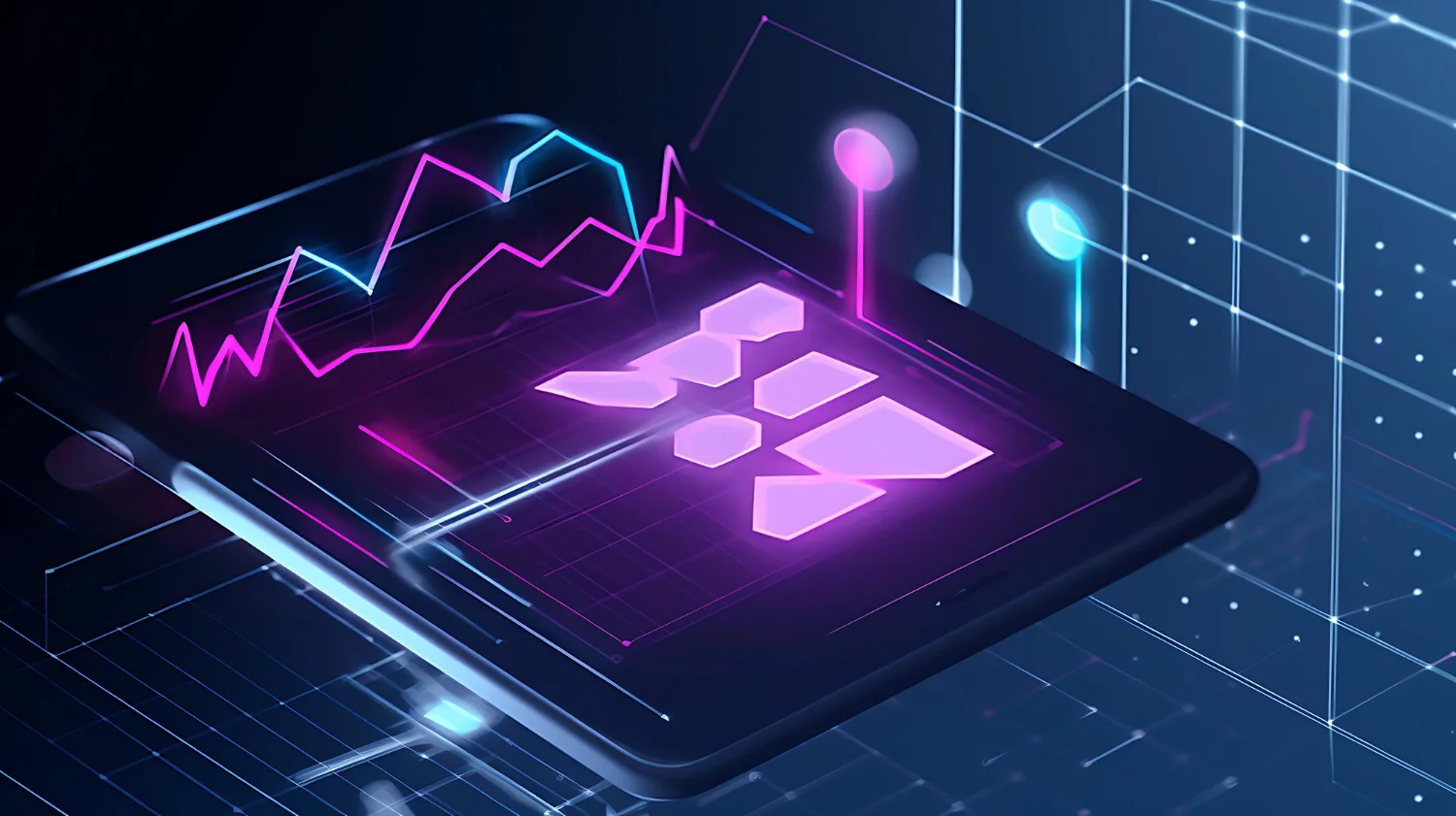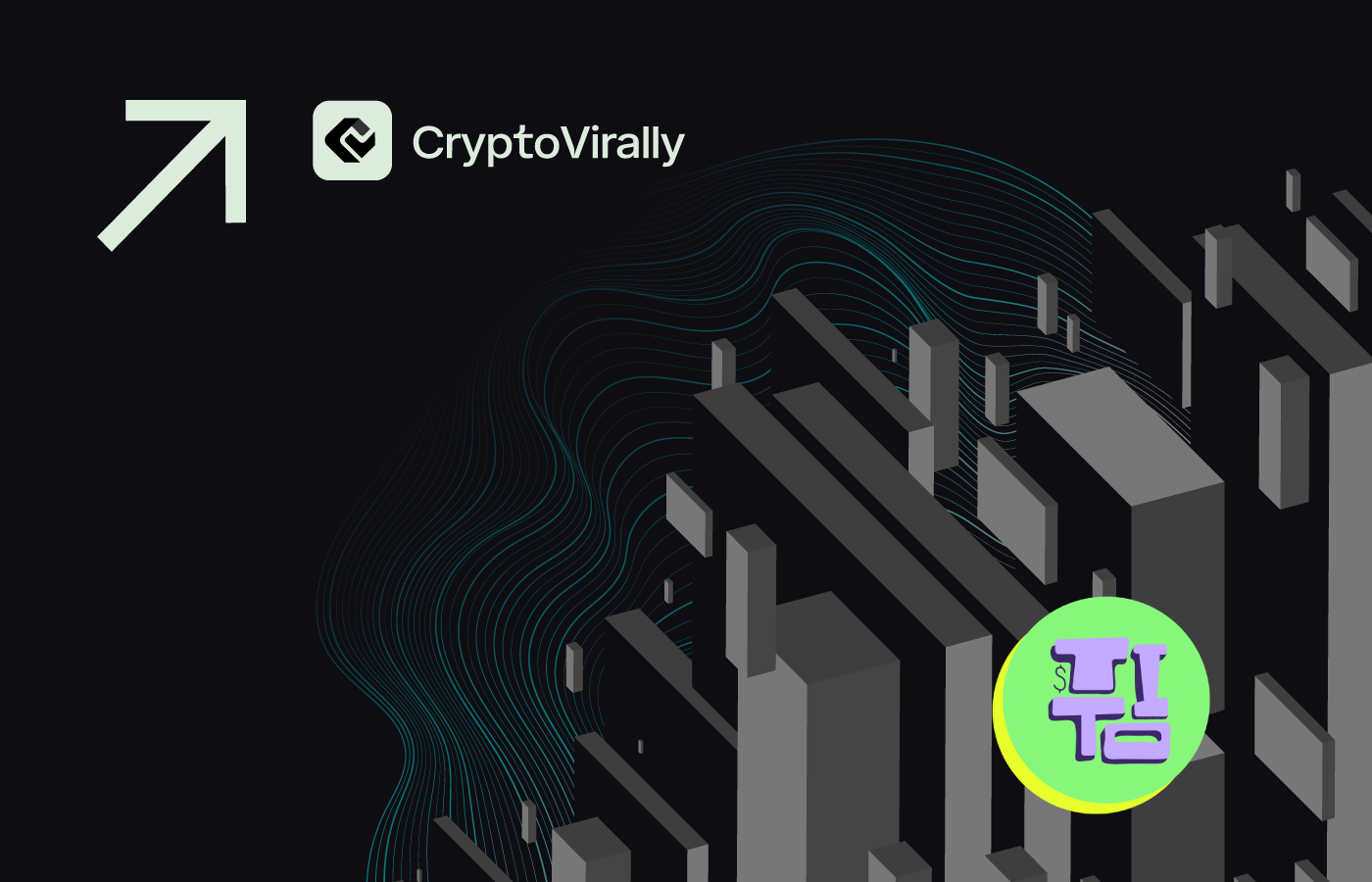The financial sector is transitioning to the digital era as more technological advancements emerge. Assets are rapidly transitioning into the tokenization age in a bid to address digital asset investments.
Besides shedding some light on digital asset investments, most business entities seek to improve specific assets’ liquidity. As for investors, their primary goal is to earn profit shares as a form of passive income.
However, the trust in investing with digital assets is equally low, especially with people’s common perception that it may not be a promising venture. So how is tokenization going to change the ongoing narrative against digital asset investments?
Tokenization Aspect
Tokenization involves converting a valuable asset into a digital token. A physical asset is usually turned into a valuable instrument that is easily tradable on a blockchain network.
Blockchain’s architecture allows these assets to be tracked and display every transaction connected with a particular asset.
Furthermore, the distributed ledger doesn’t have to host tangible assets only. In some cases, intangible assets such as patents or copyrights can also run on the blockchain as a valuable virtual asset. Blockchain’s transparency makes it the ideal instrument for most developers to establish digital assets on a public ledger.
Types of Assets Applying the Tokenization Process
Ideally, tokenization is one process that can boost an asset’s liquidity rates with blockchains’ help. Therefore, measuring the ledger’s abilities may not be possible to handle a diverse tokens category. Below is an evaluation of the most common types of tokenized assets today.
Fungible Tokens
Fungible tokens surround us every day in our trading endeavors. The token can be described as interchangeable assets, identical to each other. For instance, you can trade gold for another gold bar but not for any other commodity.
Moreover, these commodities are generally traded in a bulky manner, making it harder to invest in them. Since the gold is moving from one place to another, it involves a third-party entity, mostly banks, to oversee the gold transactions.
Nonetheless, tokenizing with blockchains eliminates the need for intermediaries as users can trade a portion of the valuable gems as digital tokens via smart contracts.
Smart contracts are self-execution programs that perform specific services as set by the transacting parties. The computer-based code initiates negotiations of the trading entities, and once they agree, a contract is formulated to act based on the agreed terms.
After that, blockchains maintain and display the transactional information of the already tokenized asset trading in the market.
Non-Fungible Tokens
NFTs are the reverse of fungible tokens in that non-fungible tokens cannot suffer interchange with each other. Additionally, the virtual tokens are highly unique, possessing different traits, features, or characteristics. Unlike fungible tokens, which are mostly ERC-20 tokens, NFTs operate as ERC-721 tokens.
NFTs are not divisible like fungible tokens. Instead, it assures investors of an asset’s ownership. Non-fungible tokens are applicable in various industries, one of them being the art industry. An artifact/piece of work is tokenized to divide it into sub tokens and sold as units by an issuing platform.
Examples of Tokenized Digital Assets
ArtisiaToken
ArtisiaToken introduces you to a one of a kind art network leveraging blockchain technology. The platform strives to instill a social, cultural environment and create an investment opportunity for art lovers.
ArtisiaToken counters some of the problems faced in the art industry, one of them being the display of counterfeit art pieces. Therefore, the art-based system will ensure the verification of every artwork to maintain an authentic ecosystem.
In most cases, art pieces are hidden in a secret display meant only for a particular class of people. Through ArtisiaToken, many of these rare collectibles will be available for public display. Investors need to purchase ArtisaToken’s native currency(ARTZ) to participate and benefit greatly from the art industry.
CryptoKitties
CryptoKitties is an innovative blockchain game running on the ethereum blockchain. The digital collectible cats contain different attributes or characteristics that make them unique. Investors only need to select, purchase, and breed the rarest kittens after linking their MetaMask wallets. A successful breeder eventually profits off the game by producing a unique kitty with a higher market value.
Blocksquare
Blocksquare adopts a distinct approach of tokenizing real estate property regardless of size and type. The decentralized system grants investors the ability to represent a real estate asset on the blockchain network as a digital token.
It further follows legal standards as it serves customers with an already running real estate portfolio. Blocksquare also partners with prominent entities such as Deloitte and CV Labs to give its customers quality and professional services. On the other hand, investors can buy and sell shares of tokenized properties residing in the platform’s blockchain network.
Blockchain’s Contribution
Lower Fees
Since blockchains remove the need for intermediaries, investors incur a lower transactional cost. In ordinary circumstances, third-party interventions usually are costly as they accumulate most of the transaction fees. Blockchains harness smart contracts’ power, which automatically performs transactional services based on the trading parties’ terms.
Liquidity and Adequate Market
The distributed ledgers are interoperable hence, opening a world full of investment opportunities. Companies can as well reach a wider audience once it establishes its services on the blockchain network. In turn, it adds more liquidity to assets that could seem illiquid.
Partial Ownership
Tokenization on a blockchain allows for partial ownership of an asset. Thanks to the public ledger, an asset can be split into smaller bits granting ownership rights to a couple of investors.
Security
Losing ownership documents is usually an unfortunate event as those certifications ensure the digital token only belongs to you. Nonetheless, while blockchains represent the assets, ownership rights continue to be safeguard once an investor purchases the asset. It provides a proof of ownership detail mentioning an investor as the legitimate owner of the asset.
CryptoAdventure functions as a one-stop hub to access everything dealing with cryptocurrencies. Whether you are a newbie or pro, the ecosystem gives you exclusive access to articles and tools necessary to build your crypto knowledge. Begin your journey at CryptoAdventure today!
Final Word
Tokenization is revolutionizing the financial sector with its ability to merge traditional assets into the digital world. Considering that these assets are sometimes difficult to invest on, tokenization still guarantees partial ownership of assets unthinkable of possessing.
Furthermore, blockchains settle transactions within the shortest time possible therefore eliminating any form of delays. As for both companies and investors, blockchains take them to a diverse ecosystem full of numerous investment opportunities and access to potential customers.
At pocket-friendly prices, CryptoVirally offers the best marketing services for new crypto projects. Besides giving marketing services, Crypto Virally brings you fascinating crypto articles, project listing on exchanges, web design, brand development, and many more. Get in touch today!



